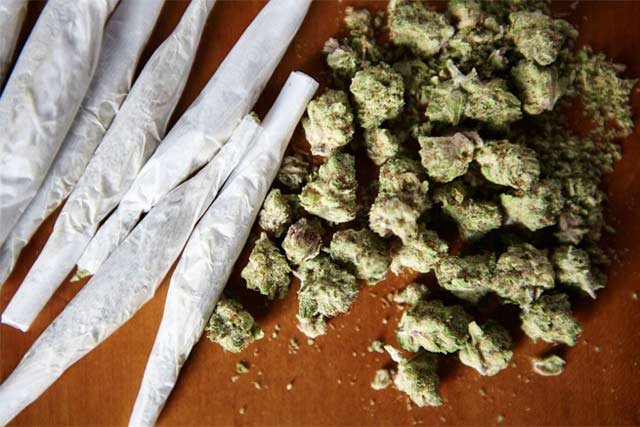In recent years, the legal status of Delta-9-THC, a prominent compound in cannabis, has become a subject of great interest, particularly with the surge in popularity of hemp-derived products. Understanding the legality of Delta-9-THC in Iowa is crucial for both consumers and businesses operating in the cannabis industry. This comprehensive guide delves into the intricacies of Delta-9-THC Legal laws in Iowa, providing insights, comparisons, and essential information for navigating this complex landscape.
Understanding Delta-9-THC

Delta-9-tetrahydrocannabinol (Delta-9-THC), commonly known as THC, is the primary psychoactive compound found in marijuana. When consumed, Delta-9-THC interacts with cannabinoid receptors in the brain, altering neurotransmitter release and producing various psychoactive effects. These effects include euphoria, altered perception of time and space, relaxation, and increased appetite. Delta-9-THC is the main component responsible for the “high” experienced by cannabis users. It’s important to note that while Delta-9-THC has psychoactive properties, other cannabinoids like cannabidiol (CBD) do not produce intoxicating effects.
The Difference Between Delta-9 and Other Cannabinoids
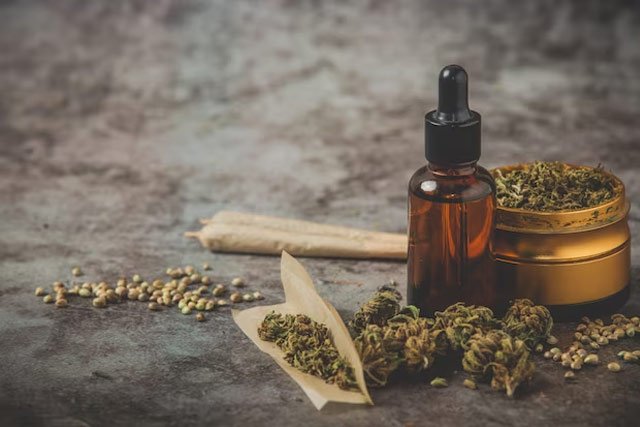
You’ve probably heard of Delta-9, also known as delta-9-tetrahydrocannabinol or THC – it’s what gives marijuana its reputation for inducing that classic “high” feeling. But did you know there’s more to the cannabis plant than just THC?
Enter cannabidiol (CBD), another popular cannabinoid that doesn’t pack the same punch as THC. Unlike THC, CBD won’t leave you feeling intoxicated, and many people use it for its potential therapeutic benefits. While THC and CBD share some similarities in their molecular structures, they have different effects on the body due to subtle differences.
Then there’s Delta-8 THC, a cannabinoid that’s been flying under the radar until recently. It’s gaining attention for its milder psychoactive effects compared to Delta-9. Even though Delta-8 and Delta-9 have similar structures, the way their chemical bonds are arranged means Delta-8 has a gentler impact. Users often say they experience less anxiety and paranoia with Delta-8, making it an attractive choice for those looking for a more balanced high.
And let’s not forget about hexahydrocannabinol (HHC). It’s a bit of a newcomer to the scene, but it’s starting to turn heads because of its unique properties. HHC is essentially a hydrogenated form of THC, resulting in a more stable and less intense compound. While researchers are still studying its effects, early indications suggest it might offer therapeutic benefits without the overpowering high of Delta-9.
When it comes to potency, THC takes the crown as the strongest psychoactive cannabinoid. But potency can vary depending on factors like the strain of cannabis, how it’s grown, and how it’s processed. On the other hand, CBD is known for its potential medicinal benefits, packing a punch in terms of wellness without the high. And there are even more cannabinoids out there, like THCA, CBC, and CBG, each with its own set of unique properties and potential applications in the world of cannabis.
State Laws in Iowa
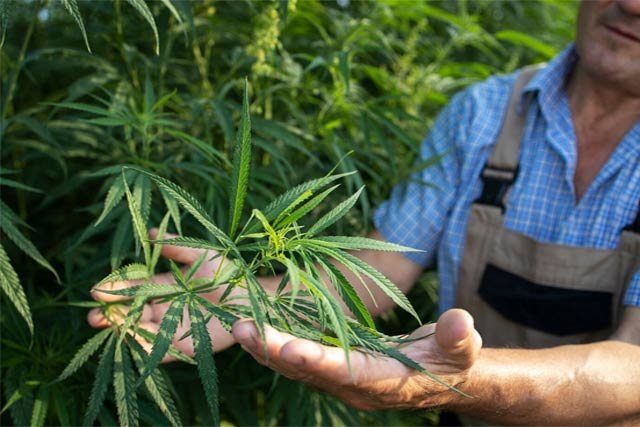
In Iowa, the legal status of Delta-9-THC is determined by its source – whether it’s derived from marijuana or hemp. The federal government legalized hemp-derived Delta-9-THC with less than 0.3% THC concentration under the 2018 Farm Bill. However, marijuana-derived Delta-9-THC remains illegal for recreational use in Iowa. Marijuana is classified as a Schedule I controlled substance in the state, meaning any form of Delta-9-THC exceeding the 0.3% THC limit is prohibited. This strict stance on marijuana also applies to its cultivation, possession, and distribution within Iowa.
Medical Cannabis Program
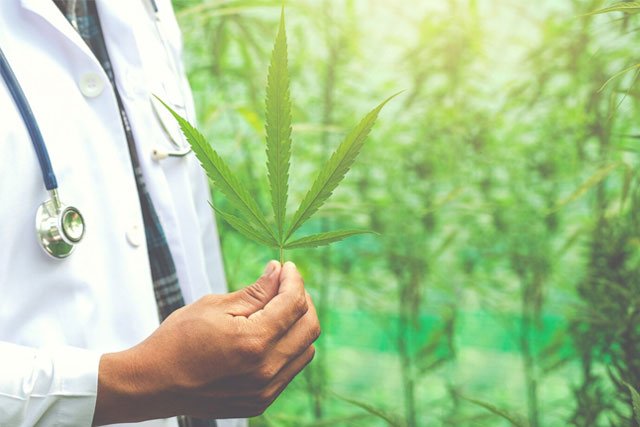
Iowa has established a limited medical cannabis program, allowing patients with specific qualifying conditions to access low-THC medical cannabis products. These products, such as CBD oil, contain less than 3% THC and are intended for medicinal use. Patients must obtain a valid medical card and purchase their medication from licensed dispensaries approved by the state. The medical cannabis program aims to provide relief for patients suffering from debilitating conditions while ensuring strict regulation of cannabis products to prevent misuse.
Comparing Cannabinoids
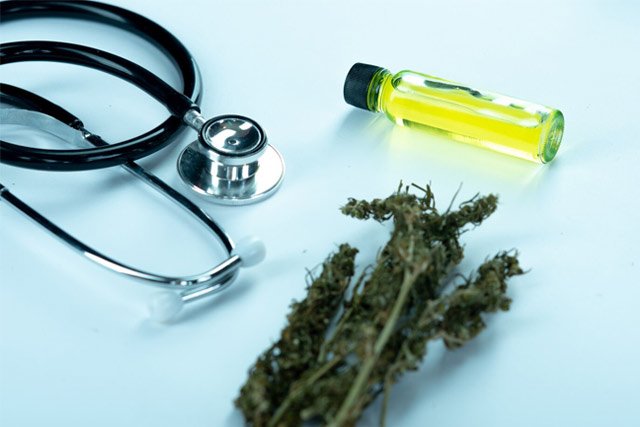
Beyond Delta-9-THC, the cannabis plant contains numerous other cannabinoids, each with distinct properties and effects. Cannabidiol (CBD), for example, is non-intoxicating and has gained attention for its potential therapeutic benefits. CBD is commonly used to alleviate symptoms such as pain, inflammation, anxiety, and seizures. Delta-8-THC offers a milder psychoactive experience compared to Delta-9-THC, making it appealing to individuals seeking a less intense high. Hydrogenated forms of THC, such as hexahydrocannabinol (HHC), are being studied for their therapeutic potential with reduced psychoactive effects.
State vs. Federal Laws

Federal laws, including the 2018 Farm Bill, legalized hemp-derived products like Delta-9-THC with low THC concentrations. However, marijuana remains illegal at the federal level and is classified as a Schedule I controlled substance. Iowa’s laws generally align with federal regulations, maintaining strict prohibitions against recreational marijuana use while permitting limited access to medical cannabis under the state’s regulated program. This ensures consistency in the legal treatment of cannabis products within Iowa’s borders.
Cultivation and Sale
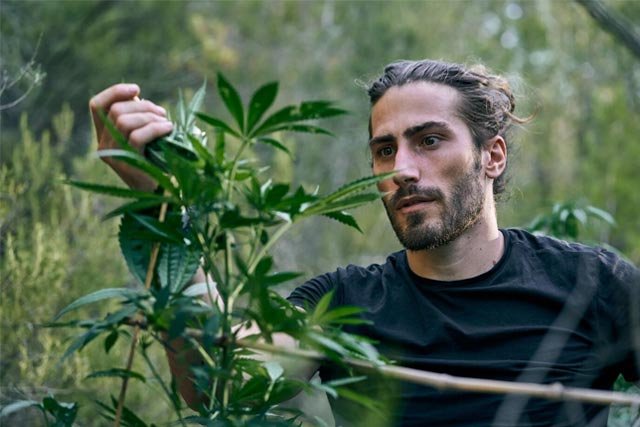
The cultivation and sale of Delta-9-THC in Iowa are subject to stringent regulations. The Iowa Department of Agriculture has established specific guidelines allowing for legal industrial hemp cultivation while it continues to prohibit recreational marijuana cultivation. Licensed dispensaries approved by the state may cultivate and sell specific cannabis products for medicinal use, but only to patients with valid medical cards. This regulatory framework aims to control the distribution of cannabis products and prevent misuse or diversion.
Understanding the Hemp Industry
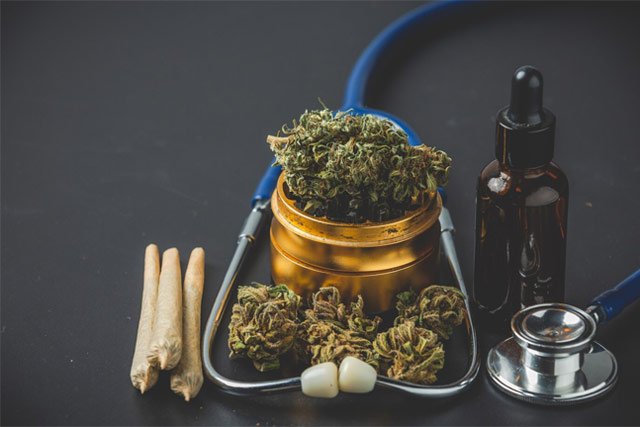
Since the passage of the 2018 Farm Bill, Iowa’s hemp industry has experienced growth and expansion. The state permits farmers to cultivate industrial hemp to grow a versatile and valuable cash crop. Hemp-derived products, such as CBD oil, have gained popularity for their potential therapeutic benefits and wide range of applications. However, farmers must adhere to strict regulations to ensure compliance with THC limits and prevent cross-contamination with marijuana plants, which could lead to legal complications.
Delta-9 Laws by State
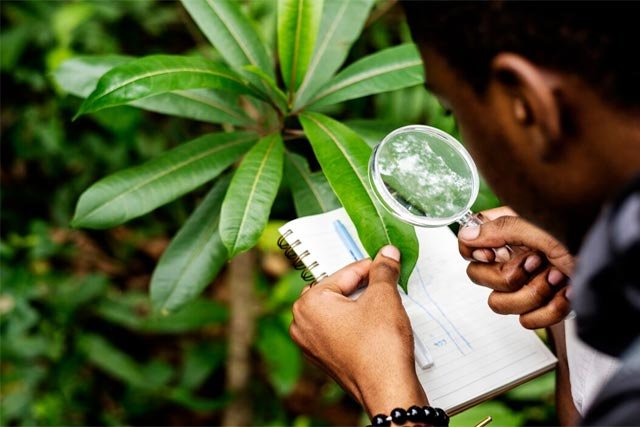
Across the United States, Delta-9-THC laws vary significantly from state to state. Some states have legalized recreational marijuana use, implementing regulations to establish legal markets for cannabis products. Others, like Iowa, maintain strict prohibitions against Delta-9-THC and cannabis products, with possession and distribution carrying potential legal consequences. Individuals need to understand their state’s specific laws and restrictions to avoid legal issues and ensure compliance with local regulations.
Consequences of Violations
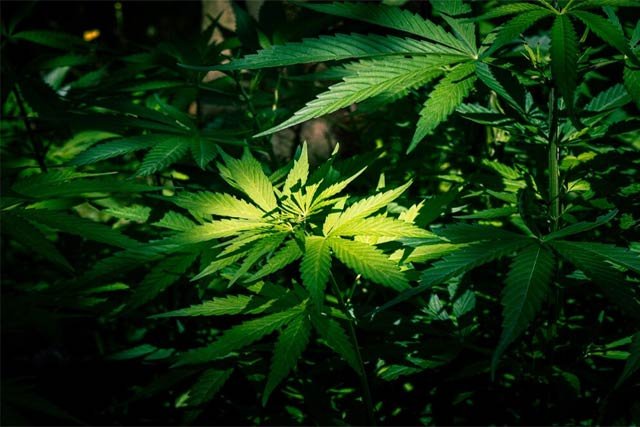
Violating Delta-9-THC laws in Iowa can result in severe consequences, including fines, imprisonment, and license revocation. Possession, cultivation, or distribution of marijuana products exceeding legal limits can lead to misdemeanor or felony charges, depending on the quantity involved. Additionally, driving under the influence of marijuana can result in license revocation, fines, and potential jail time. Individuals must adhere to Iowa’s cannabis laws to avoid legal repercussions and ensure responsible use of cannabis products within the bounds of the law.
Conclusion
Navigating the legal landscape of Delta-9-THC in Iowa requires a thorough understanding of state and federal laws and adherence to strict regulations governing possession, cultivation, and sale. By staying informed and compliant, individuals can mitigate legal risks and ensure responsible cannabis use within the bounds of the law.
FAQs
In Iowa, possession of Delta-9-THC derived from marijuana for recreational purposes is illegal. However, qualified patients may access low-THC medical cannabis products with a valid medical card.
Recreational marijuana cultivation remains illegal in Iowa. However, licensed dispensaries approved by the state may cultivate and sell specific cannabis products for medicinal use.
Violations of Delta-9-THC laws in Iowa can result in fines, imprisonment, and license revocation, depending on the severity of the offense and the quantity involved.

